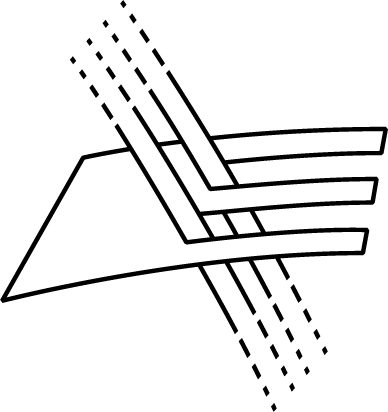»
Wstęp wzbroniony
You do not have permission to access this area.
Możliwym powodem jest:
- Nie jestej obecnie zalogowany na stronie, aby otrzymać właściwy dostęp stwórz nowego użytkownika lub zaloguj się, jeśli posiadasz już u nas konto.
- Zrobiłeś błąd w części adresu URL, spróbuj to poprawić.

